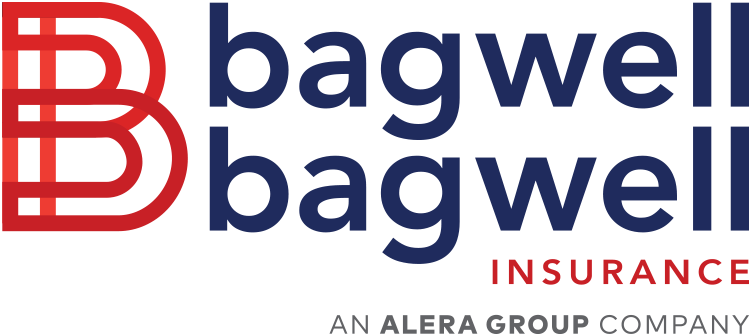Important Coverages for Employers Offering Employee Benefit Plans
As an employer, you already know that employee benefit plans aid in hiring top-notch candidates and retaining your business’s key employees. For these reasons, employee benefit plans can seem like a no-brainer, but have you thought about the risks and exposures that your business faces?
Consider the following scenarios and how each of these insurance products could help protect your business:
Claims Scenario: Joe comes on board and Ed, the HR manager, neglects to add him to the company’s health insurance plan after the waiting period because time gets away from Ed. Joe is involved in a serious accident and upon arriving to the hospital, he learns that he does not have health insurance. Joe sues the company for negligence.
Insurance Coverage Solution: Employee Benefit Liability Coverage
About This Coverage: Errors and omissions coverage for the employer’s administration of its employee benefit program.
You should consider coverage if you offer any of the following employee benefit plans: health, life and disability insurance, retirement plans, and other employer administered benefits.
Employee benefit liability coverage can be added by endorsement to the general liability policy or may be provided by a fiduciary liability policy.
Claims Scenario: The company’s plan administrator allegedly fails to reallocate Jane’s investments in a 401(k) plan to 80% money market and 20% max conservative as directed by the participant. Jane files a claim against the company for the allegation of mismanagement of funds.
Insurance Coverage Solution: Fiduciary Liability
About This Coverage: Provides coverage for claims alleging a breach of fiduciary duty as defined by the Employee Retirement Income Security Act of 1974 (ERISA) for the company and their fiduciaries. It is important that fiduciaries are provided coverage by their employers as they can be held personally liable.
You should consider coverage if you offer any of the following employee benefit plans: health insurance plans, unemployment insurance benefits, 401(k) or other self-directed retirement plans, traditional (defined benefit) pension plan, stock option or preferred executive compensation plans.
Fiduciary liability can be packaged in with other coverages such as employment practices liability and directors and officer’s coverage or procured on a separate policy.
Claims Scenario: Mary is set-up for reoccurring deduction from her paycheck for the company-funded 401(k). John, the controller, deposits the money into his account instead of the 401(k).
Insurance Coverage Solution: Employee Theft
About This Coverage: Protects an employer from financial loss due to fraudulent acts of an employees to money, securities, or other property such as embezzlement. You can also elect to include coverage for third parties’ property like clients. Unlike the employee benefits liability and fiduciary liability, employee theft coverage is a property coverage, so it pays for the money, securities or other property of the loss as opposed to defense and alleged losses.
You should consider coverage if you offer any of the following employee benefit plans: Employee benefit plans that are subject to Employment Retirement Income Security Act (ERISA).
Employee theft and other crime coverages can be packaged in with other coverages such as employment practices liability and directors and officer’s coverage, a package policy or BOP, or procured on a separate policy.
**Employee theft coverage is part of a broader array of coverages called “crime” coverage and is a valuable coverage even if your company does not offer employee benefit plans.
Time to test your skills! Take this quick quiz to see if you can guess which coverage would apply:
Claims Scenario: Tim alleged he was misinformed as to his rights and obligations under the company plan for securing disability benefits after he had a disability claim and his disability benefits were improperly denied.
Answer: Fiduciary Liability
Claims Scenario: After Lindsay, the CFO, leaves for another job, Will, the new CFO realizes that Lindsay was rerouting the company’s 401(k) matching funds to her bank account. Will realizes that Lindsay took over $45,000 in funds that should have been put into various employee’s 401(k) accounts. The employees sue the company for mismanagement of funds.
Answer: Employee theft coverage would pay for the $45,000 in funds and fiduciary liability would response to the allegations of negligence.
Claims Scenario: Susan joins the team and during the elections process, she chooses to purchase elective life insurance, dental insurance and vision insurance. The plan administrator contacts the vision and dental insurance provider to add Susan but neglects to contact the life insurance company. Unfortunately, Susan passes away. Susan’s husband is unable to collect the life insurance and sues the company and the plan administrator for negligence.
Answer: Employee Benefit Liability
If your company offers employee benefit plans, feel free to give us a call to talk about solutions for your business’s risk.

